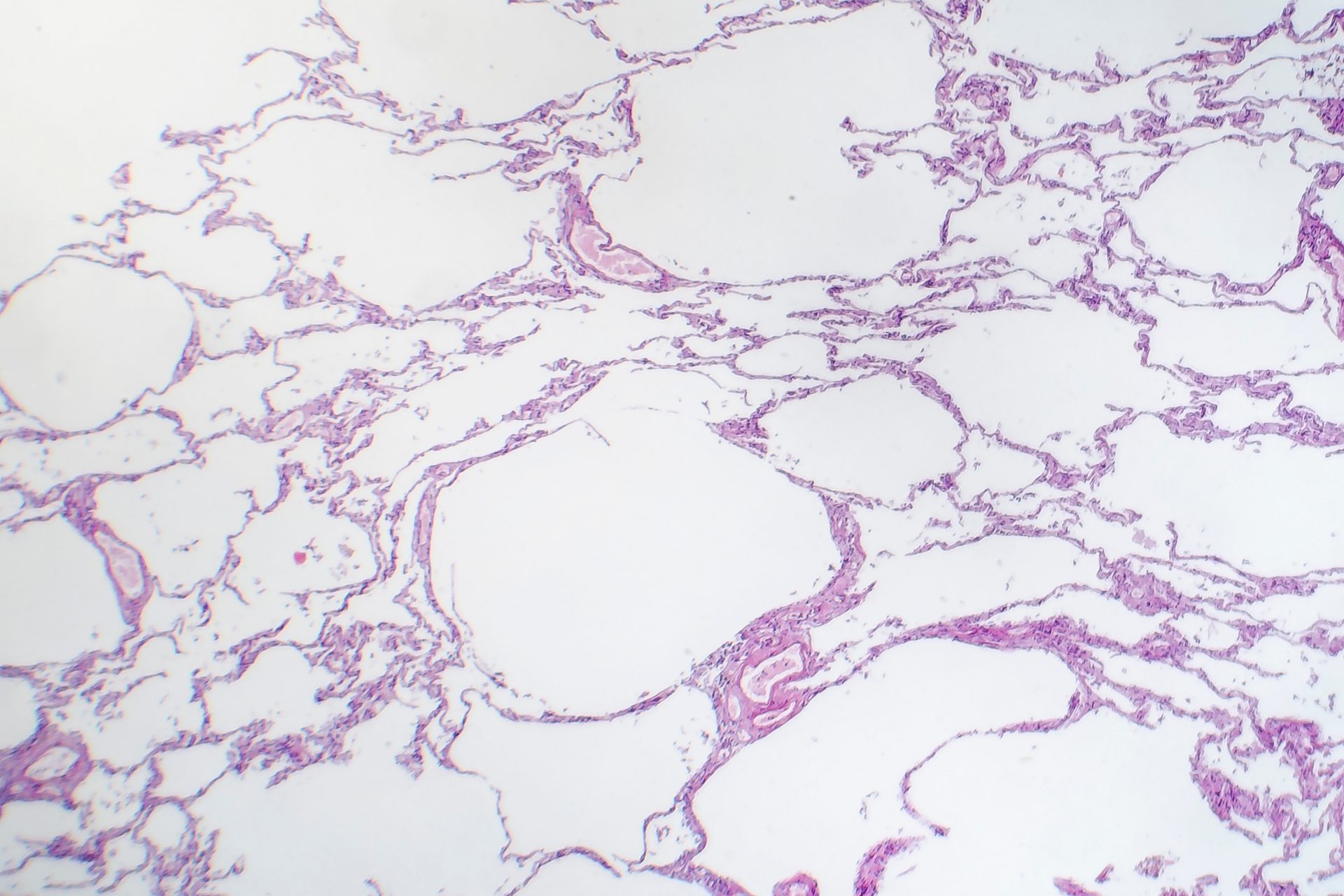Diagnoses
Asthma symptoms include breathlessness, chest tightness, wheeze, cough, and sputum. These symptoms can be caused by other conditions and accurate diagnosis is not always easy. The diagnosis of asthma should be reviewed by a specialist when it is uncertain or when asthma treatment does not seem to be working. People who have had acute severe attacks of asthma should have specialist review of the diagnosis and the treatment plan.
Asthma treatment is effective in preventing symptoms by treating the inflammation in the bronchial airways that causes asthma. Treatment is important to reduce the risk of acute attacks of severe asthma. Specialist treatments can help some people when standard inhalers are not sufficient to stabilise the asthma.
Asthma can be associated with allergies and with some exposures in the workplace environment. Asthma can occasionally lead to complications like bronchiectasis and persistently poor lung function.
It is important that asthma is assessed at intervals with a test of lung function and review of the current treatment and a self-management plan to ensure long term lung health.
Specialist review is important when the diagnosis is unclear, when the treatment does not seem to work well, when there has been a severe attack of asthma, and when there is a possible link to environmental exposures.





